The car industry worldwide has not had a good pandemic. January registrations in the UK alone were down 40 per cent on a year ago. And the disruption of lockdowns could not have come at a worse time for an industry facing bans on internal combustion engines in as little as ten years.
Not only is the traditional automobile industry under siege from climate-change activists, but it also struggles to come to terms with the move from mechanics to technology. Increasingly, car technology is software-driven rather than remaining independent on fine engineering.
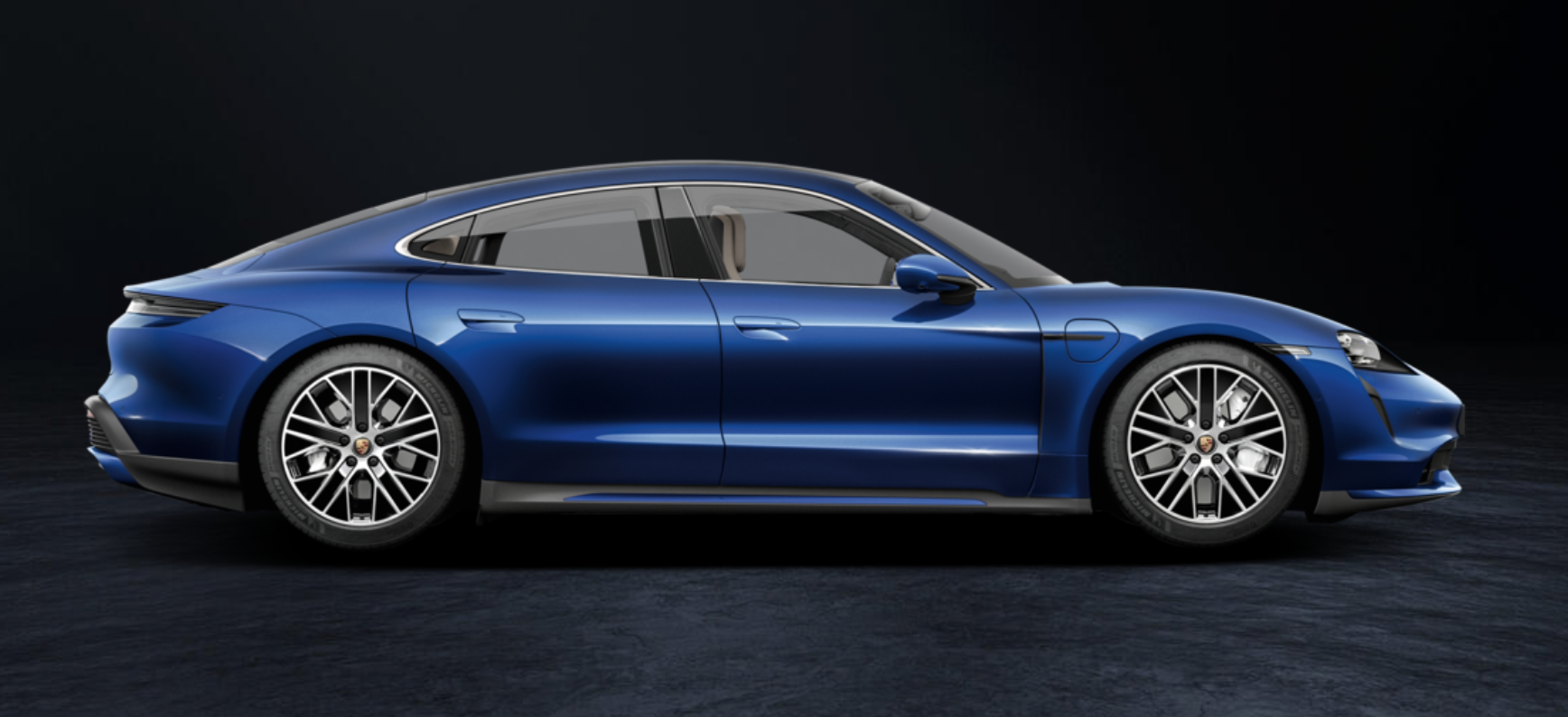
Late to the party
While rather late to the electric party than more aggressive technology-based newcomers such as Tesla, the traditional industry has finally got the message. For instance, some manufacturers, including Volvo, have committed themselves to move over entirely to battery electric vehicles (BEVs) within a few years. Others are still sitting on the fence and burnishing their hybrid credentials.
Times they are a-changing, and rapidly. I’ve been obsessed with vehicles throughout my life, mainly four-wheel and two-wheel, and I’ve always enjoyed poring over magazines, reading reviews, and making comparisons before deciding on the latest acquisition. I have also been obsessed with technology, although I had reached a relatively mature age before computers assumed the dominant role that they now play.
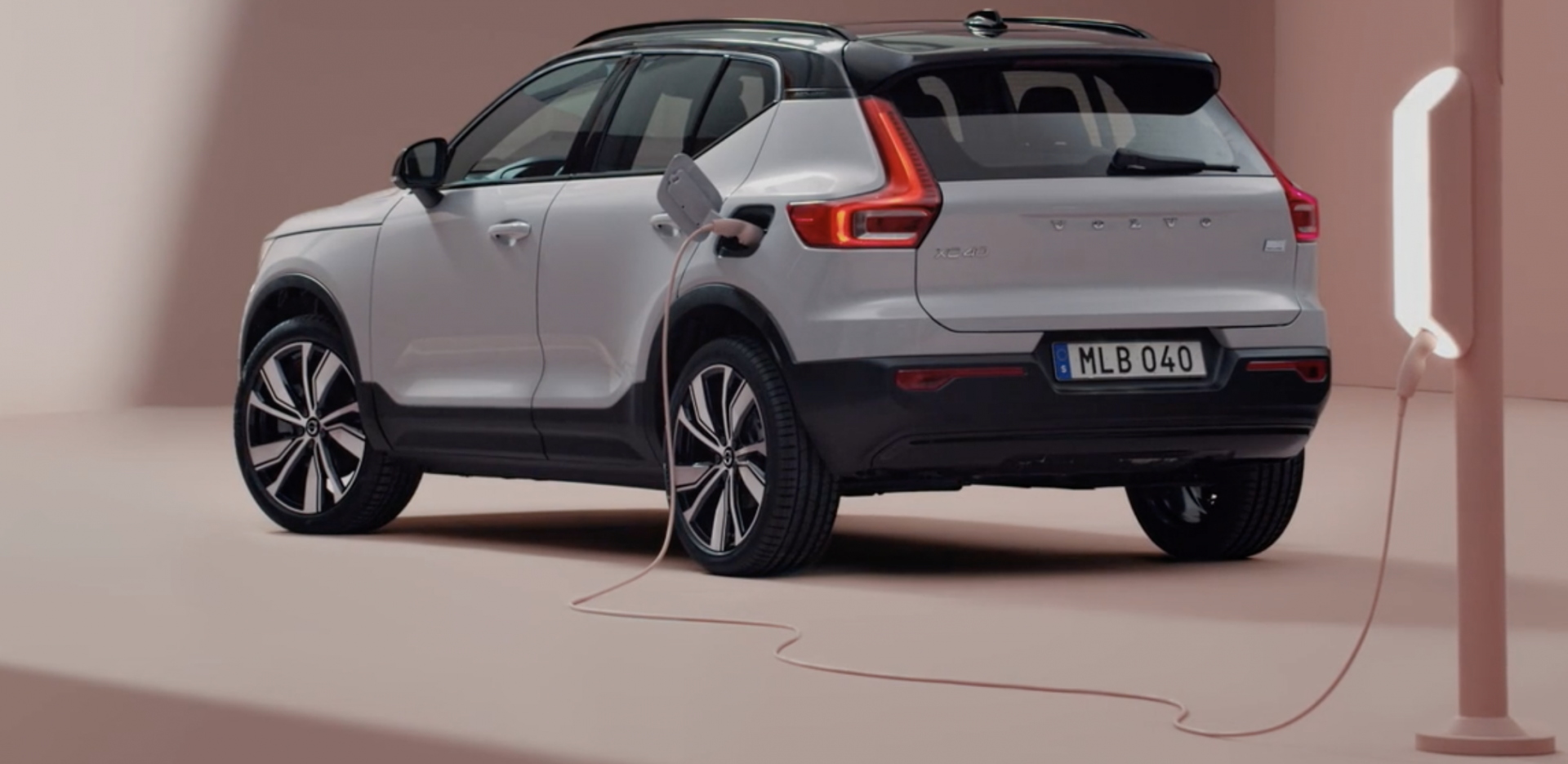
In choosing my future car, the engine’s nature was always one of the biggest deciding factors. Performance, smoothness, acceleration and reliability were high on the checklist, as were handling, safety features and, of course, comfort. But as we move from the internal combustion engine to the BEV, the engine (or motor we must now say) is almost of no consideration. Smoothness, blistering acceleration, unfeasible torque at low speeds, only one gear: All these are now taken for granted. So attention turns elsewhere.
Technology
By far, the biggest consideration now is the technology and, increasingly, it will become dominant. The way we interact with our vehicles is changing dramatically. With over-air updates, the driving experience you enjoy with a car bought today can be transformed almost beyond recognition over the first few years. No longer is it a case of having the latest car, the latest software is far more important.
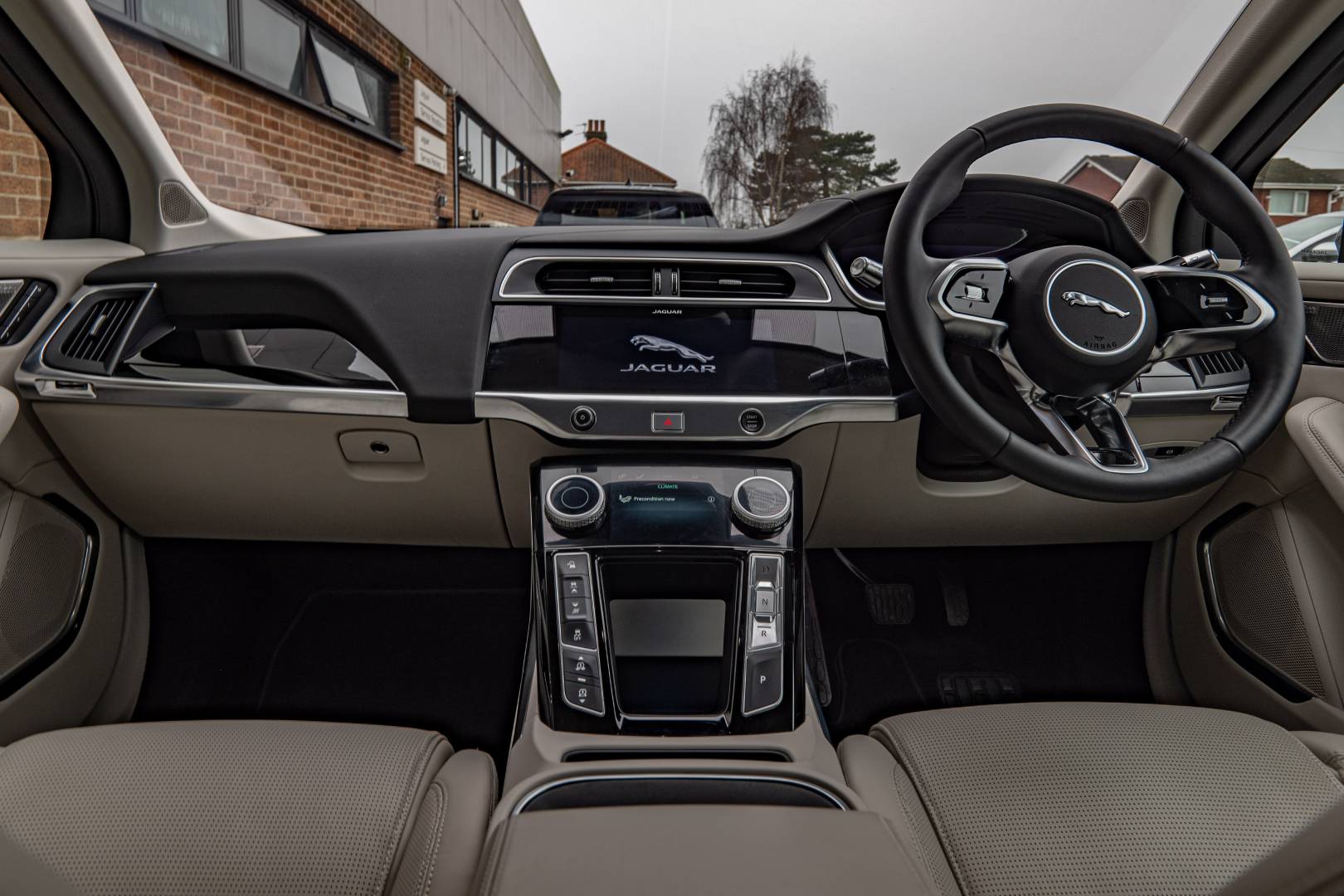
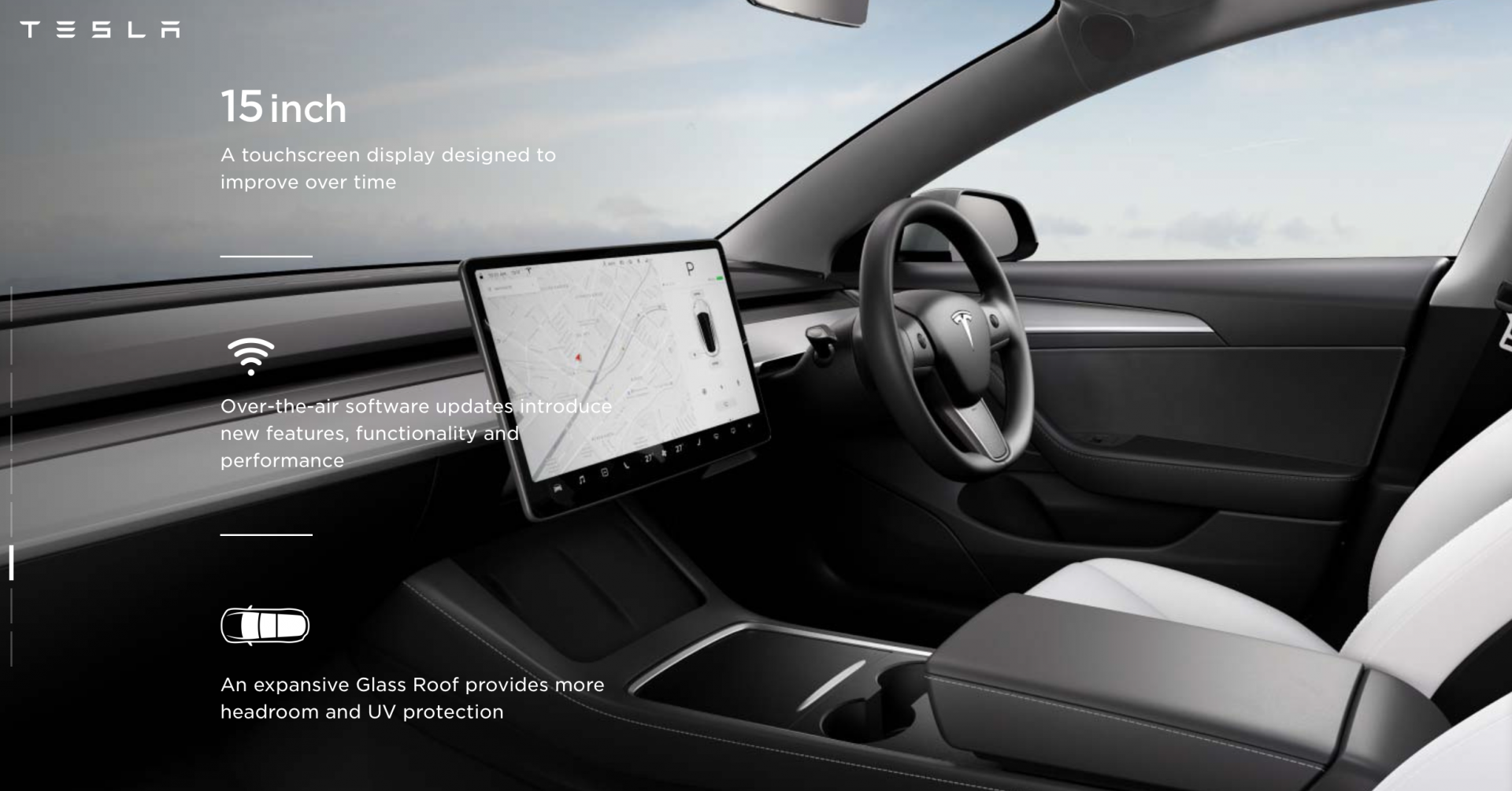
This is where traditional car manufacturers are struggling. They have approached BEVs with their established preconceptions. Some, even, are producing electric vehicles based on converted ICE platforms. They should be taking advantage of the proportions, smooth floor layout and dynamics offered by the new form of traction.
The Jaguar I-Pace is not one of these, however. It was designed from the beginning as an electric vehicle, taking full advantage of the opportunities created by the engine block’s absence up front and lack of need to transmit power to the rear wheels. As I found, however, the technology lags. The infotainment/control system is a mishmash of old and new, and operation is far from intuitive. And, despite over-air software update capability, nothing much seems to happen. Pre-2021 cars are stuck with a rapidly ageing system, never to catch up.
Vestigial
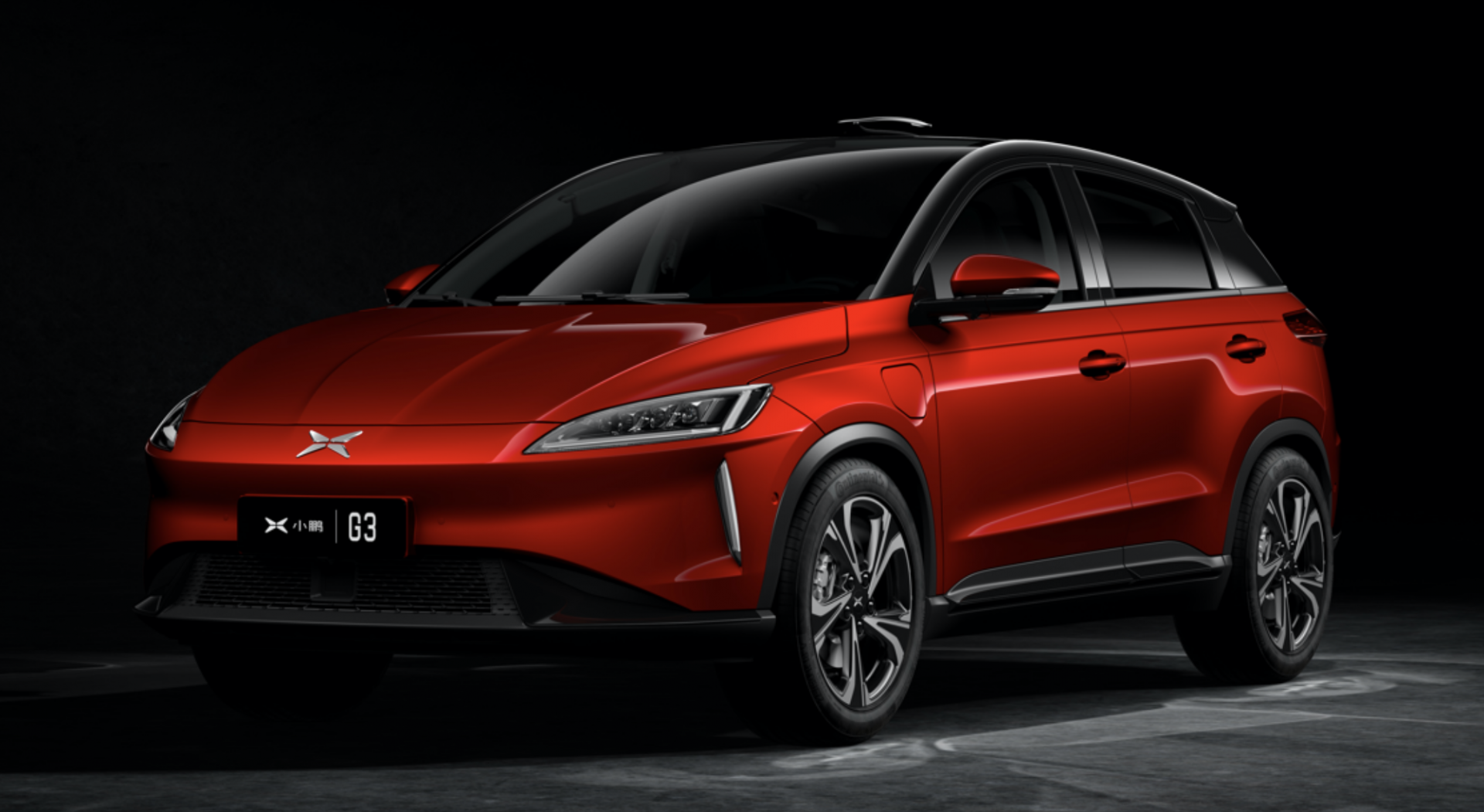
While Jaguar, Mercedes, Audi, Volkswagen, Volvo, Porsche et al are now producing very creditable battery electric vehicles, they all suffer from vestigial attachment to the old ways. As an industry, they failed to grasp the overwhelming need for a charging infrastructure to support their latest product. Newcomers, such as Tesla, have forged an entirely new way of controlling their cars and, incidentally, introduced a new direct selling policy in direct contrast to the other manufacturers mentioned. Tesla even accepted that its cars would not sell unless it took the initiative and first installed the charging infrastructure. It remains the only plug-and-go car manufacturer in the world.
There is no gainsaying Tesla’s importance in shaking up the automotive industry. It is the first radical upset in the past hundred years, and there is more of it on the way. From China, we see Xiaopeng (Xpeng) and Nio challenging Tesla. Their cars haven’t yet arrived in the West, except for a trickle of XPengs in Norway, but they are coming, ready to drop more problems into the laps of the resident car manufacturers.
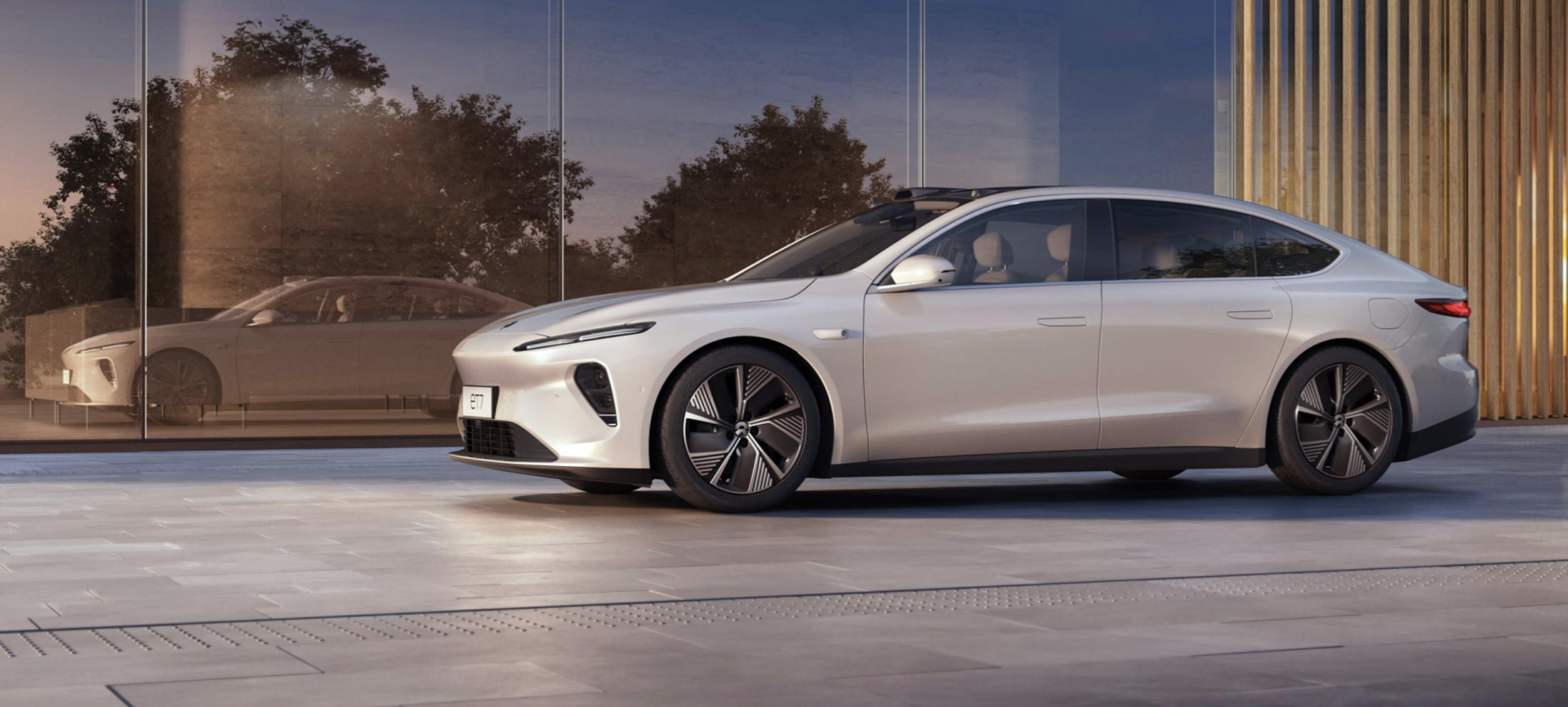
And the biggest disrupter of all, Apple, is working hard on a battery-electric car that could be launched as soon as 2025. Although Hyundai associate Kia will probably manufacture the Apple car, it will be a revolutionary vehicle. Could Apple do for the car industry what it did for the phone market? With probably the highest brand loyalty of any organisation globally, Apple and its 1.5-billion fans will not be regarded lightly by the carmakers.
Old certainties die hard
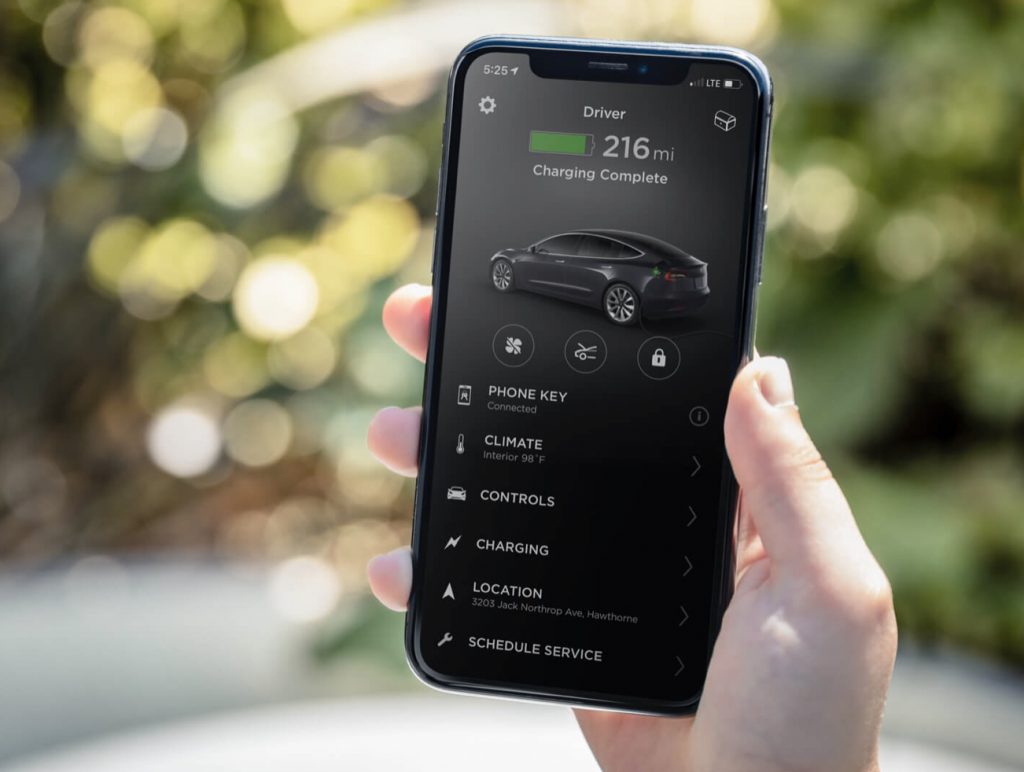
All this goes to say that we are in a rapidly changing world. All the old certainties have gone. Increasingly, buyers will be looking to buy a computer on wheels rather than a car with a computer.
Last month I published my long-term review of the Jaguar I-Pace. It is undoubtedly one of the best “traditional” electric vehicles on the road and, apart from its haphazard infotainment system with poor operability, it is a fine car. I had already sold it by the time the review was published, and I am now without a vehicle. I reckoned that a few months with an empty drive would be no hardship during the lockdown and, so far, I have been proved right—no depreciation, no insurance, nowhere to go.
I am now in my absolute favourite phase of car choosing: The chase. The hunt is often more pleasing than the engagement and subsequent marriage; at least that’s been my automotive experience.
After watching countless YouTube videos and online reviews, I am gathering my thoughts. Of one thing you can be certain, I will not go back to the internal combustion engine. In a recent survey here in the UK, under one per cent of BEV owners would consider going back, and I am not among them.
But my thoughts are indeed ranging wide. I’ve already decided that my next car will not be manufactured in Europe or the United Kingdom. It will probably not be manufactured in the USA. I’m increasingly looking to the East. A Nio or an XPeng would tempt me if they were any sign of their arrival in the UK. So watch this space. It’s all inspiring.
Now for another YouTube review (or two)…

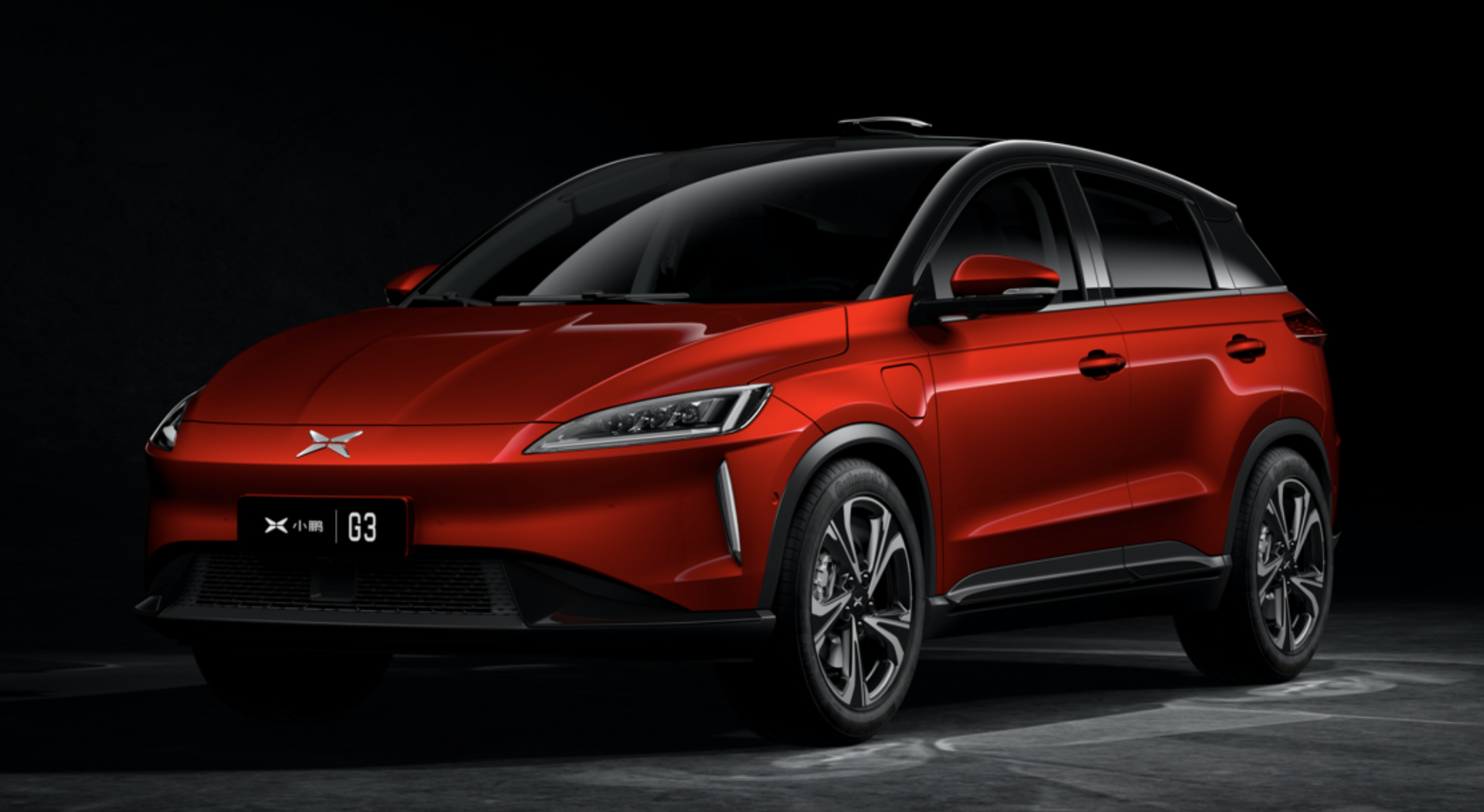
Mike, I understand your point of view, but…diesel and petrol have a lot of “external” costs, which really should be figured in. Pollution (including CO2) is a real cost. Oil wars are a real cost (personally, I think about that more than climate change – I really hate the idea of anyone being injured or disabled for the sake of oil).
I’d say a carbon tax is better than an ICE ban, but some action is better than none.
I firmly believe that more electric cars would be sold if their real qualities were emphasised. Instead of saying that apples are good for you, better to say they taste great and make you desire them. But l, as always, there are many views that governments have to reconcile.
I agree, absolutely, at the individual level. EVs are great to drive, and that should be a primary focus. Fortunately, stressing the positive is easy with EVs: instant acceleration at all speeds, quiet and smooth driving, easy charging at night, less maintenance hassle, etc. Some people will feel good about contributing to solving larger problems in the world (and that’s great), but it doesn’t help to “guilt” people about liking traditional vehicles.
At the level of public policy & government, you have to look at the whole picture, and that includes very important and real reductions of pollution, better security of “fuel” supply, better balance of trade, etc.
Agreed.
Shame on me, but I’ve been looking at putting the 6.2L LS3 engine in my Defender. I just cannot get my head around the thought of going electric.
Quite right Tom. I wouldn’t want anyone to think I am keen on electric cars for the wrong reasons. I just like them for the driving experience and now prefer them to diesel or petrol. Please be assured that if this were not the case I would be running a diesel car for as long as I could. I actually don’t agree with banning petrol and diesel in (what is it?) 2030 because, as EVs get cheaper and the range increases they will increasingly sell themselves. In the meantime, I am all in favour of choice and hate being told what to do by pressure groups.
I may be in a minority among EV owners, but I think the idea of selling electric cars exclusively on the basis of their being good for the planet is entirely wrong. It puts off many people, I am sure. Instead, let EVs sell themselves. In terms of performance and driving enjoyment they can run rings round most vehicles on the road and this is what should be emphasised instead employing the “look how good I am” argument which smacks of sanctimony.
But all those non-Tesla cars have the same charging infrastructure issues you’ve discussed.
BTW the Tesla S and X have just been remodeled. I have the 3 and mostly love it. Our other car is a Subaru Outback and we plan to get one more next year after this one goes to our 16 year old son. There’s still not a good EV replacement family road trip/mountain/ski car for the Outback, but I hope someday Subaru can provide its AWD capabilities in an EV.
As for long road trips and charging, we’ll adapt when the time comes.
In any case, it’s nice to see some commitments from car companies on EVs coming out. If only we can get many of the pickup truck and SUV crowd here in the US to come along.
Enjoy your quest!
Thanks Andrew. I’ve been following the Tesla S ans X updates, although I believe they are not coming to the UK for at least a few months. I might have been tempted but both models are a bit large for UK roads and just a few inches too long for my drive, which sometimes has to accommodate two cars in line. The Model 3 is in many respects more interesting for me because it is more fun to drive and I don’t need all the space. I will continue to enjoy the chase!
Maybe in 10 years time we’ll experience permanent ‘unpolluted atmosphere’ views of the City of London and Canary Wharf from Alexandra Palace. I was considering selling my Docter Aspectem 80/500 UWA 40×80 observation binocular (Google same to see the one of the finest observation instruments ever made) … but with the prospect of observing 24/7, clear urban scenery, 9 miles and more distant, I’ll likely keep the behemoth and enjoy the views … including all types of near silent vehicles. I’m old enough to remember the fascinating London trolley buses … nearly silent apart from their retreaded tyre humming.
I think they will need to add fake engine noise sound so pedestrians do not get run over constantly.
These already exist in many electric cars but are nit very satisfactory. It is a real problem. Perhaps all cars should be equipped with ice-cream van melodies. Don’t know if you have these in Canada but they used to be a feature of many areas in England.
I will definitely not support communism and buy a car from China when there are lots of options.
I guess I am old fashioned but I will not have a smart home that will constantly need repair and be smarter than I am. I will definitely not buy a car with more software and firmware in it than about 5 years 10 years ago. I have a 2018 Volvo XC90 that has a 662 page manual! EEK! I cannot figure out how to do anything without reading the manual. The infotainment system, like every other vehicle I looked at, was and is still making the horrible Sony menu system look well designed in comparison. Personally, I think texting would be less distracting than trying to modify something on the infotainment system.
At this point, I think I would rather buy a lower mileage classic vehicle when I have to buy again….maybe I should buy one now and store it before the prices skyrocket when people discover they want something that they are in control of, that they can find a ready gas station, and that they are not calling for a tow truck because they cannot get into they vehicle because the security electronics have locked them out (happened to photographer in remote location).
I share your views on communism, of course. But if I eschewed everything Chinese I’d have to give up my iPhone, iPad, Mac and half the technology in my house. Does anyone else make smartphones these days? Anyway, I didn’t say I was seriously thinking of getting a car from a Chinese company. Watch this space.
I was referring to first comment but I am always in trouble….
> But my thoughts are indeed ranging wide. I’ve already decided that my next car will not be manufactured in Europe or the United Kingdom.
I may also be more tempted by recent Chinese or Korean than European models but I would not rule out a good surprise from the Old Continent. There’s also a bit of economic patriotism involved and I’d rather buy something produced locally everything else being equal.
Realistically, though, I’ll keep my current ICE car a few more years before the BEV offer widens: my current car is an Audi A3 convertible and there’s nothing remotely similar available with an electric motor.